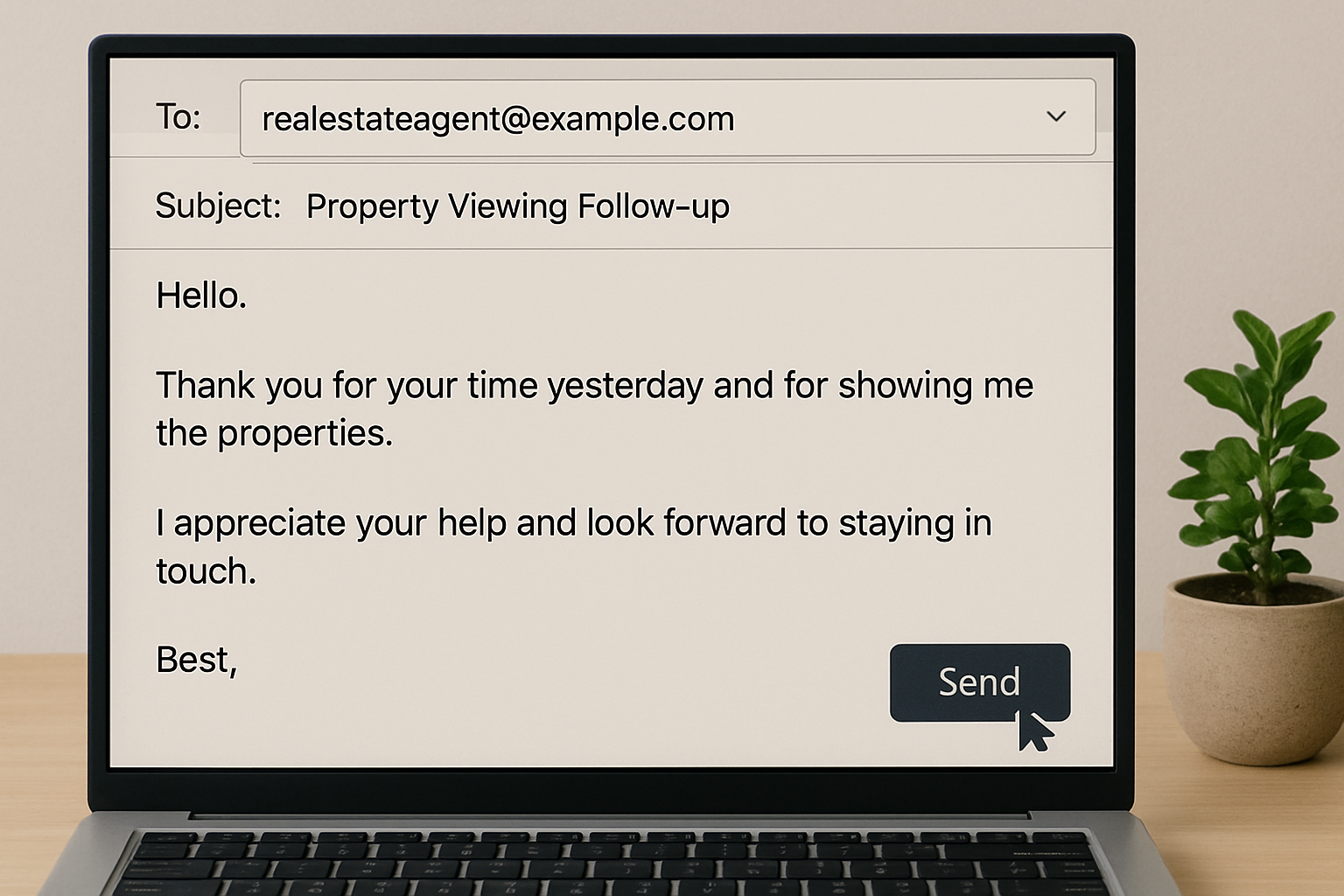In recent years, the number of foreign residents in Japan has been on the rise, with reports indicating that the total number exceeded 3 million nationwide for the first time in 2023. Amidst a declining population and an aging society, the acceptance of foreign tenants has become increasingly important as a strategy to address vacant properties, making it a critical issue for property owners. However, many owners express concerns about potential issues arising from language barriers, cultural differences, and varying customs, leading to hesitation in entering into lease agreements with foreign tenants. Nevertheless, it is believed that these concerns can be addressed through appropriate measures and sufficient consideration, and that accepting foreign tenants can actually contribute to stable property management. In fact, INA, a professional in rental property management, believes that accepting vulnerable groups such as the elderly and foreigners will become increasingly important in the future, and that appropriate measures such as utilizing rent guarantee services can enable landlords to rent out properties with peace of mind. This article adopts a positive perspective and explains the key points landlords should pay special attention to when entering into rental agreements with foreign tenants, as well as practical measures to prevent issues before they arise.
Key Points to Consider When Entering into Rental Agreements with Foreigners
When accepting foreign tenants, different considerations and preparations are necessary compared to Japanese tenants. Below are the main points to keep in mind when entering into a lease agreement with foreigners.
- Language barriers and understanding the contract: When entering into a lease agreement, there are many documents such as the lease agreement and important terms and conditions, and if these are only in Japanese, it may be difficult for foreign tenants who do not fully understand Japanese to grasp the content. Lack of understanding of the contract terms can be a major cause of disputes. Therefore, it is important to provide multilingual versions of contract documents or arrange for professional interpreters, and to carefully explain the terms and rules of the contract to ensure the tenant's understanding. By addressing language barriers, misunderstandings and disputes can be prevented.
- Differences in contract practices (key money, security deposit, renewal fees, etc.): Japanese rental contracts include unique practices such as “key money” and regular “renewal fees,” which are not found overseas. These systems are particularly difficult for foreigners to understand. Additionally, the handling of security deposits (such as their use for restoration costs upon moving out) may lead to misunderstandings if not adequately explained to foreigners unfamiliar with Japanese rules. In fact, many foreign tenants mistakenly believe that the security deposit will be fully refunded upon moving out and are unaware of Japan's unique rules for settling restoration costs. Carefully explaining financial terms such as key money, security deposits, renewal fees, and the concept of restoring the property to its original condition upon moving out, and obtaining the tenant's understanding before signing the contract can help prevent future financial disputes.
- Consideration for differences in lifestyle and culture: Rules and manners regarding daily life, such as garbage disposal methods, noise considerations for neighbors, and cleaning standards upon moving out, vary by country and region. Rules that are commonplace in Japan may be unfamiliar and difficult to follow for foreign tenants. For example, in Japan, it is customary to return the rental property in a cleaner condition than when you moved in, but this practice is not shared overseas. To prevent misunderstandings due to differences in lifestyle habits, it is effective to prepare a multilingual guide outlining rules such as garbage disposal days and methods, quiet hours, and prohibited items (e.g., pets, subletting) and share it in advance. By demonstrating understanding of cultural differences while ensuring that rules are clearly communicated, both parties can create an environment where they can live comfortably.
- Joint guarantor and ensuring payment capacity: In rental contracts, a joint guarantor residing in Japan is typically required for the tenant. However, securing an appropriate guarantor can be challenging for foreign tenants. This has traditionally been a barrier to foreign tenants passing rental screenings. However, rent guarantee companies (rent debt guarantee) now provide a system that makes it easier for seniors, international students, and foreigners to enter into contracts. Since the guarantee company assumes the role of the guarantor, landlords can mitigate the risk of non-payment while accepting a wider range of tenants. When entering into a contract with a foreign tenant, it is advisable to consider using a guarantee company and secure a guarantee for rent payments.
- Verify residency status and identity: Before signing a lease agreement, it is important to properly verify the residency status (type and expiration date of visa) and identity of prospective tenants. When accepting foreign tenants, confirm their residency status using their passport or residence card to ensure they can legally stay in Japan during the contract period. It is also necessary to confirm the number of occupants and whether there will be any roommates in advance. In some countries, it is common for multiple people to live in single-occupancy units, so to prevent unauthorized occupancy exceeding the contractually agreed number of occupants, the number of tenants (including co-tenants) must be clearly stipulated in the contract prior to signing. Additionally, confirming the status of bank account opening and emergency contact information (such as a mobile phone number) is important for ensuring rent transfers and communication channels. By thoroughly verifying these points, you can reduce the risk of unforeseen issues arising after the contract is signed.
By keeping the above points in mind and ensuring sufficient communication and mutual understanding with foreign tenants before signing a contract, you can take the first step toward smooth rental management. It is most important to conduct fair tenant screening and explanations regardless of nationality and to enter into a contract with mutual agreement.
Key Points for Preventing Rental Disputes with Foreign Tenants
Based on the above points, we will introduce several effective measures to prevent disputes with foreign tenants. With proper preparation and response, many disputes can be prevented in advance. By implementing the following measures to prevent disputes with foreign tenants, landlords can rent out their properties to foreign tenants with peace of mind.
- Active use of rent guarantee companies (rental guarantees): As mentioned above, the use of guarantee companies is almost essential when signing contracts with foreign tenants. By requiring tenants to join a guarantee company as a condition of tenancy, you can prepare for situations such as rent arrears or sudden return to their home country. In fact, the utilization rate of guarantee companies has increased significantly in recent years, with approximately 97% of rental contracts utilizing them as of 2020, according to a survey. By establishing a rent collection system through a guarantee company, landlords can secure stable rent income and prevent troubles caused by non-payment risks.
- Thorough tenant screening (verification of residence status and number of occupants): While there is no need to discriminate against foreign tenants, it is advisable to conduct tenant screening more carefully than with Japanese tenants before signing a contract. Specifically, verify the type of residence status and duration of stay, and assess whether the tenant is likely to fulfill the contract period. Additionally, ensure that the names and relationships of all prospective tenants are known and establish rules to prevent unauthorized occupancy by non-contracted individuals. Clearly stipulate the scope of residents in the contract and implement measures such as requiring prior approval for any additional roommates. Basic screening procedures, such as requesting income verification or confirming employment or school enrollment, should also be conducted thoroughly. By rigorously enforcing these screening procedures, potential issues can be addressed proactively.
- Outsourcing to specialized companies with expertise in handling foreign tenants: To prevent issues arising from language and cultural differences, it is also a good idea to utilize real estate management companies or brokers with a support system in place for foreign tenants. Companies with extensive experience in dealing with foreign tenants can smoothly explain important matters at the time of contract signing and provide explanations of living rules after move-in in English or other languages. By outsourcing management to a specialized company, you can rest assured that even detailed communication and complaint handling that the owner may not be able to handle on their own will be handled properly. For example, a management company with bilingual staff on-site can respond to inquiries from tenants who are not proficient in Japanese in their native language, which can ultimately expand the target tenant base for the property. By leveraging the expertise of trusted professionals, property owners can reduce their workload while preventing issues and enabling prompt responses.
- Utilizing guidelines and multilingual tools from the Ministry of Land, Infrastructure, Transport and Tourism: The government is also implementing measures to promote the smooth entry of foreigners into private rental housing. The “Guidelines for Facilitating the Entry of Foreigners into Private Rental Housing” created by the Ministry of Land, Infrastructure, Transport and Tourism summarizes practical points for landlords and real estate agents and provides various checklists available in multiple languages. For example, there is a “Desired Conditions Checklist” where prospective foreign tenants can list their preferences, a “Rules and Etiquette Checklist” (including multilingual explanations of house rules) to communicate rules and etiquette at move-in and move-out, and a list of documents required for tenant screening. These materials are translated into English and other major foreign languages. By utilizing these official tools, you can address language barriers and ensure clear communication with tenants. Property owners are encouraged to review the guidelines and incorporate applicable materials into their contract procedures. Utilizing public guidelines provides a reliable support system for managing rentals to foreign tenants.
By implementing the above measures, you can significantly reduce risks associated with rental contracts involving foreign tenants and move closer to achieving a secure and stable rental business.
Summary
Rental contracts with foreign tenants may initially present challenges due to language and system differences. However, by approaching the other party with an honest and positive attitude and taking the appropriate measures described above, many problems can be prevented before they arise. It is important to screen and contract with foreign tenants under the same fair standards as Japanese tenants and to communicate in a manner that respects each other's perspectives and cultures. Actively accepting foreign tenants can also help reduce vacancy risks and stabilize rental operations. In a globalizing society, why not consider approaching rental contracts with foreign tenants as a new business opportunity? With the owner's sincere efforts, trust can be built across national borders, resulting in a mutually beneficial rental agreement. Finally, as a property owner, we hope you will combine professional knowledge with a flexible mindset to provide a safe and comfortable living environment, thereby achieving smooth rental relationships with foreign tenants.

Daisuke Inazawa
Representative Director of INA&Associates Inc. Based in Osaka, Tokyo, and Kanagawa, he is engaged in real estate sales, leasing, and management. He provides services based on his extensive experience in the real estate industry. Based on the philosophy that “human resources are a company's most important asset,” he places great importance on human resource development. He continues to take on the challenge of creating sustainable corporate value.

.png)













